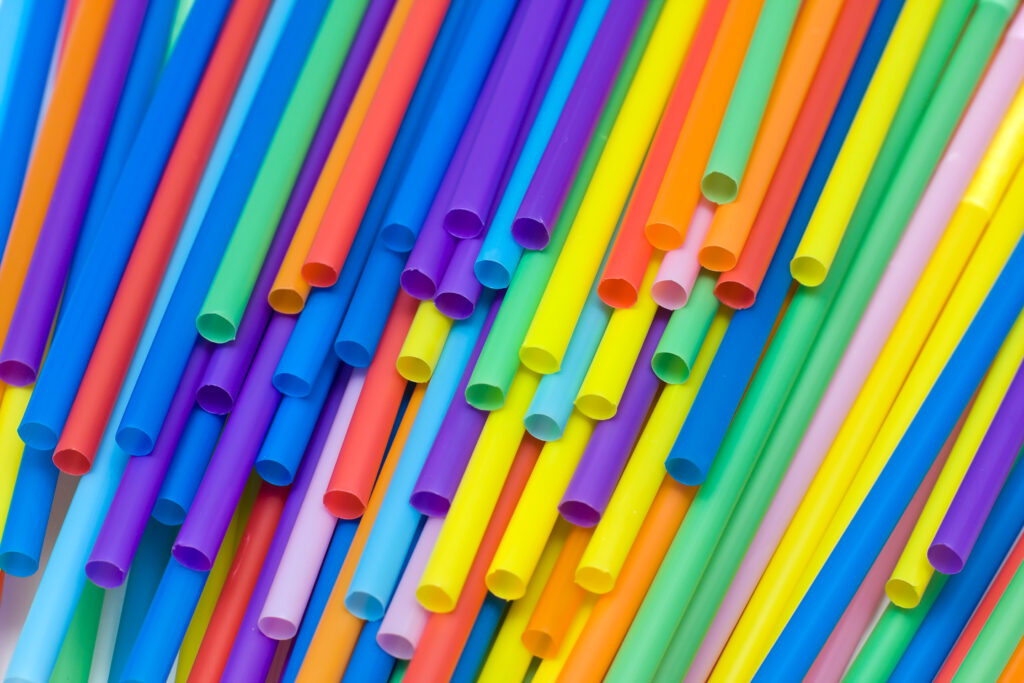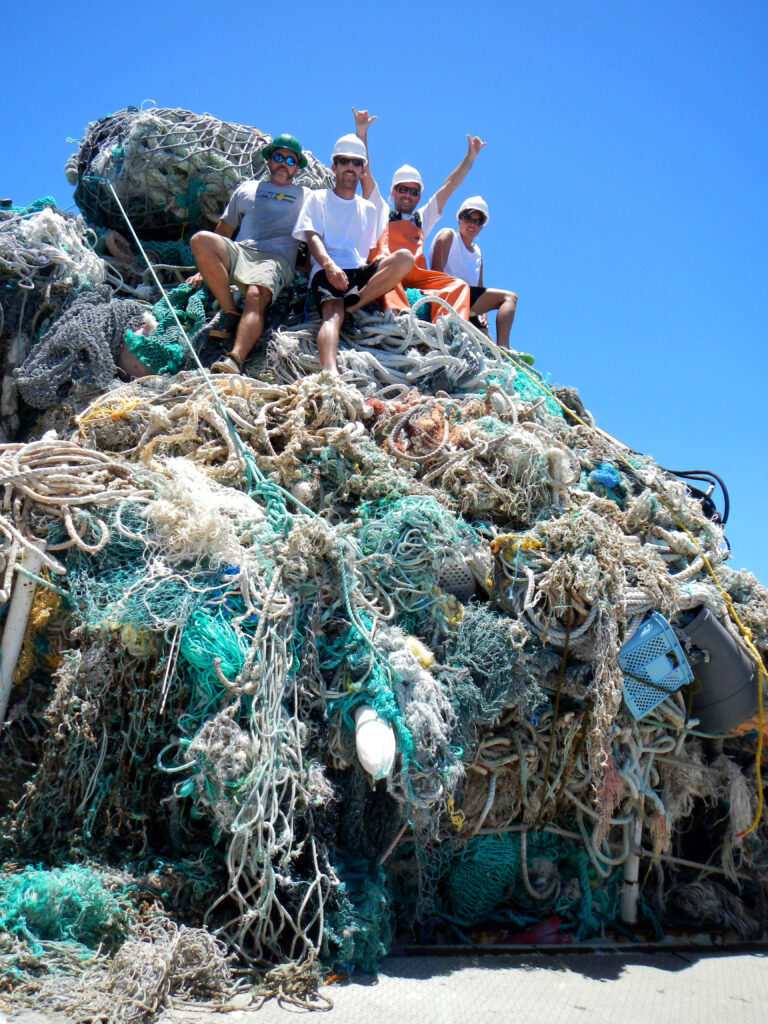This may be a conservation/environmental event or not, we’ll see. On July 9, 2018, Starbucks announced that it would eliminate use of plastic straws sometime in 2020. Where did this hatred of plastic straws come from? And is it important, or just the latest social media feel-good craze?

Let’s go back to the beginning. Straws have been around since that beginning. Many animals use straw-like tools to drink, and early humans used them, too. But they were all natural—hollow reeds and, duh, straw. Straw straws fell apart quickly and often made the drink taste like, duh, straw. So, in the 1880s, Marvin Stone objected to his mint julep tasting like straw and took to his work bench. He spiraled paper around a pencil, glued it into place and coated it with wax—and the proper paper straw was invented. Straws didn’t advance much until after World War 2, when all sorts of technology passed from wartime to peacetime uses. And, abracadabra, we got plastic straws.
Which brings us to 2011, when 9-year-old Milo Cress observed some disturbing straw-behavior. He noticed that when drinks were served at restaurants with straws in them, some people took the straws out, never using them. It seemed a waste to him, so he started a campaign, “Be Straw Free.” But when he couldn’t find any data on straw use, Cress went on the hunt. He asked straw manufacturers to guess, and, as he said, he chose “an estimate of around 500 million straws [per day]. That was the number I stuck to, because it seemed to be around the middle of what they were saying.”
And what usage do the anti-straw people quote? Yep, 500 million. Milo Cress’s estimate, or guesstimate, or SWAG, or whatever. I found only one other estimate, that Americans use about 1.6 straws per person per day, But that is so disturbingly close to dividing 500 million by the U.S. population that I think it’s the same number. Whether it is 500 million or just 100 million, we can safely conclude that Americans use a lot of plastic straws every day.

The next question, then, is how bad is this straw use and do we need to take to the streets to stop it? Plastic straws are made from recyclable plastic, but, apparently, straws are so small and light that they slip through the cracks (literally) at recycling plants and generally end up in the garbage. And, like the rest of garbage, some plastic straws end up washing downstream and into the ocean, where the concern lies. Plastic garbage in the ocean and on shorelines is a major problem, and it includes lots of straws. One estimate stated that 7.5 million plastic straws were found along U.S. shorelines over a five-year period. If Americans use 500 million straws per day, that means that 1 straw out of every 120,000 finds its way to the shoreline.
Of course that calculation is as dubious as the 500 million number, but I think it illustrates what the anti-straw campaign is really about: Awareness. Even devoted anti-strawers admit that. The campaign to stop using plastic straws is important only as a symbol, a rallying cry against thoughtless consumerism. The goal is to make people aware that single-use plastic is trouble—we use lots of it, most gets thrown away, it lasts for a long time in the environment, and it can have nasty impacts on wildlife.
Did Starbucks do right by taking this stand? Hard to say. The company is replacing straws with a plastic lid that actually uses more plastic than the straws, but can be more easily recycled (provided it makes it to a recycling bin). Of course, if you just made a cup at home and carried it in your reusable ceramic mug made by a local potter…
References:
Caron, Christina. 2018. Starbucks to Stop Using Disposable Plastic Straws by 2020. The New York Times, July 9, 2018. Available at: https://www.nytimes.com/2018/07/09/business/starbucks-plastic-straws.html. Accessed March 21, 2020.
Connor, Alex. 2018. That anti-straw movement? It’s all based on one 9-year-9ld’s suspect statistic. USA Today, Jul 18, 2018. Available at: https://www.usatoday.com/story/news/2018/07/18/anti-straw-movement-based-unverified-statistic-500-million-day/750563002/. Accessed March 21, 2020.
Our Last Straw. Facts & Figures. Available at: https://www.ourlaststraw.org/facts-figures. Accessed March 21, 2020.
Rude, Evelyn. 2018. The Backlash Against Plastic Straws Is Spreading. Here’s How They Got So Popular in the First Place. Time, July 12, 2018. Available at: https://time.com/5336242/plastic-straws-history/. Accessed March 21, 2020.
Wilson, Stiv. 2018. The Plastic Straw, Starbucks and a Movement at a Crossroads. The Story of Stuff, July 13, 2018. Available at: https://www.storyofstuff.org/blog/the-plastic-straw-starbucks-and-a-movement-at-a-crossroads/. Accessed March 21, 2020.
